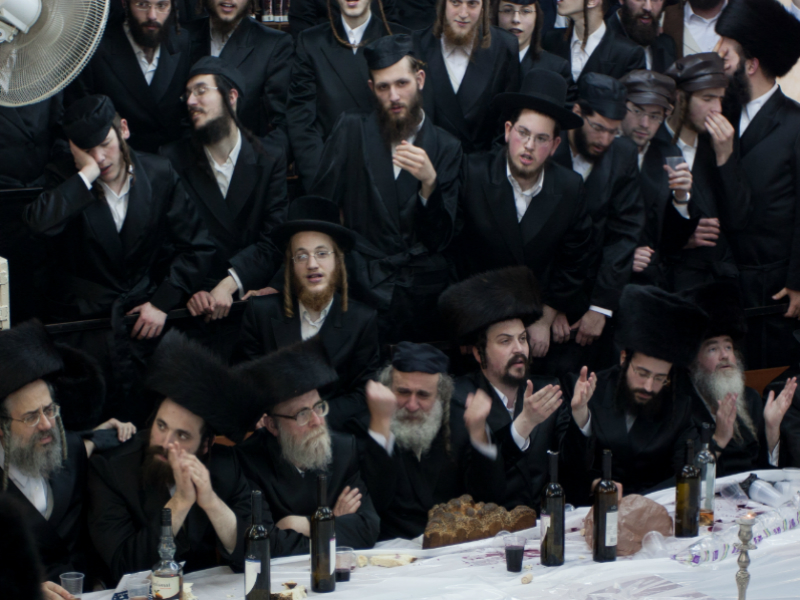The growing gap between the Diaspora and Israel has become this year’s BJW: Big Jewish Worry.
Three decades ago, Jews worried about intermarriage. Two decades ago, Jews worried about “continuity”; the intermarriage problem reframed. A decade ago, Jews worried about Israel’s delegitimization. Five years ago, it was BDS; the anti-Israel boycott. We haven’t solved any of those problems, although the worrying did spawn the single best Jewish innovation of the new millennium: Taglit Birthright Israel, with 700,000 happy Israel visitors – and 50,000 Israelis – and counting.
Clearly, we’re not going to solve the problem of Israel-Diaspora relations overnight, or through any of the conferences, commissions, and position papers popping up. But it helps to keep two ideas in mind when discussing the ongoing challenge to Jewish unity.
First, these tensions are built-in. At the risk of offending almost everyone who reads this: it’s hard to imagine what caring modern Jew who survived the Holocaust or really learned about it, could not live in Israel. It’s the great collective Jewish response, the obvious counter-solution to Hitler’s Final Solution.
At the same time, it’s hard to imagine, what sensitive human being who survived the Holocaust or really learned about it, could not live in Canada or the United States or Australia or the U.K. if given a chance – especially decades ago when the safety, prosperity, and quality-of-life gaps seemed overwhelming.
Once we accept that cosmic contradiction, we won’t negate the other, but accept the others’ differences. Living in Canada doesn’t make you a bad Jew. And living in Israel, then or now, doesn’t make you a masochist. But making such sweeping statements should help us accept that we’re all bundles of contradictions, packages of confusion, expression of torn feelings. Those who succumb to all the complexity, cannot function. Most of us make our peace with our inconsistencies, and build the best possible lives we can.
READ: TROY: IN QUEBEC, CAN THE POUTINE POLICE BE FAR BEHIND?
The best of us stop judging those who juggle emotions, ideologies, and values differently than we do.
Given those built-in, profound differences, it’s not surprising that we are frequently divided; the miracle is how much we’re united. It’s remarkable how often two Jews from different parts of the world can sit down to a meal or a coffee as strangers and rise as brothers or sisters. I call this “sedering”, sharing food and our past and our commonalities and our worries and our sense of shared destiny.
Such connectedness plays out communally not just personally. True, we see it most dramatically in the negative – when Jews are shot in Pittsburgh or blown up in Jerusalem or beaten in Toronto or harassed for wearing kippot in Quebec. But we see the deep, constructive unity in many ways too. We see it in the broad sense of caring, in the commitment to common aims, and in the powerful communal structures in every Jewish community and in Israel. We see it in our worries about one another – and our disappointments in each other. Embarrassment itself expresses belonging – I’m disgusted by Assad the Butcher of Syria, not really embarrassed by him.
As we finish the summer and start looking to the fall, let’s remember the miracle of our unity, not just the headaches that naturally arise from our disunity. A scattered people, speaking so many languages, living in so many countries, still caring about one another, still rooted in the same history, living the same story, and building a common destiny is not something to take for granted.
Once we accept that miracle, our worries won’t fade – but they will be put in peoplehood perspective, leaving all of us appreciative of what we have, and what we get from one another, not just how we’ve occasionally been let down by each other.
